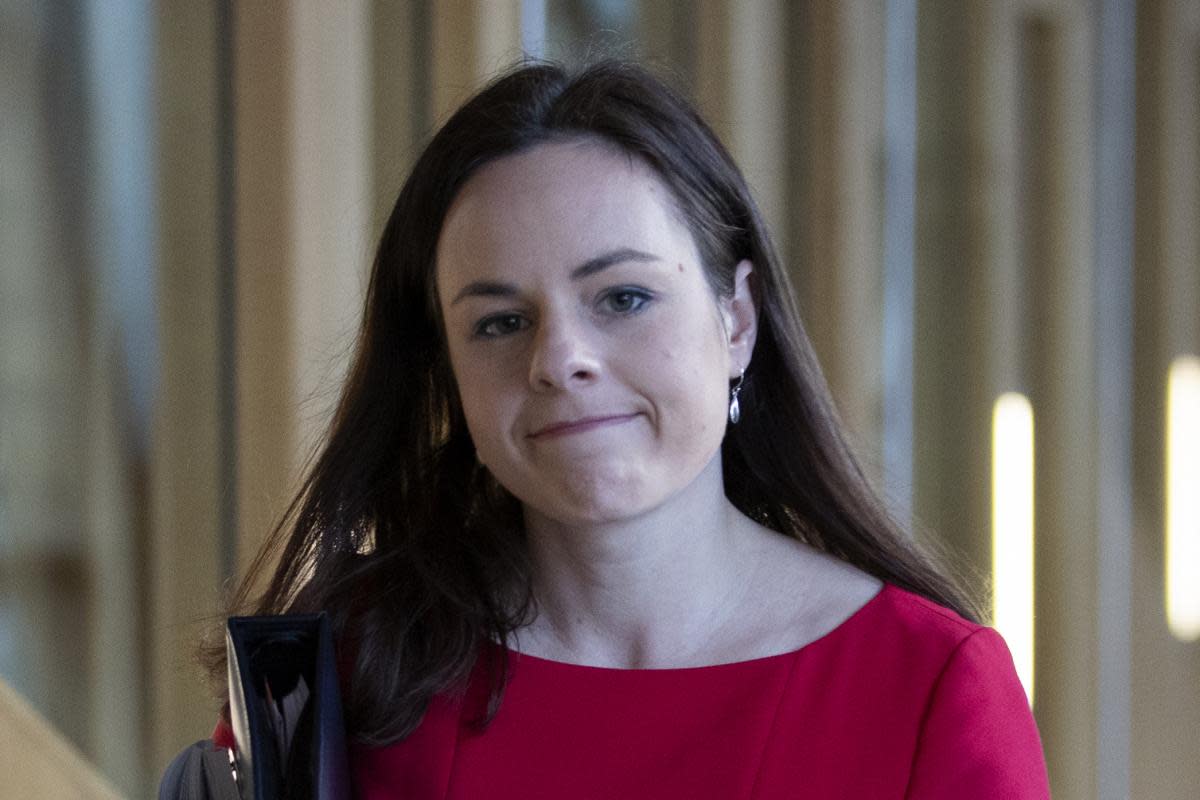Kate Forbes speaks of 'heartbreak' of Labour again rejecting independence talks

KATE Forbes has spoken of the “heartbreak” she felt after repeated rejections from Labour to engage in independence talks if the SNP win a majority of seats on Thursday.
But the Deputy First Minister also warned Keir Starmer and his party of the dangers of ignoring voters north of the border if they backed her party at the General Election.
Polling for the SNP has dropped in recent months, but support for independence continues to hover around 50% in most polls
But on a visit to Scotland, Starmer (below) said he would not engage with the Scottish Government on negotiations for a referendum if the SNP win a majority of seats on Thursday, as was the party’s position.
It came after the UK Labour leader also bluntly refused to participate in negotiations in a visit to West Lothian two weeks ago.
(Image: PA)
READ MORE: Fears Linwood e-waste fire could cause 'damaging' health issues for Scots
Speaking to Times Radio with less than 24 hours before polls opened, it was put to Forbes that Starmer agreed with Prime Minister Rishi Sunak.
“That’s the heartbreak, that he is saying what Rishi Sunak said,” Forbes said.
“I think Labour are going to have a job on their hands, and it’s to their peril if they ignore Scottish voters.”
Regardless of the difficulties the SNP have faced – including a police investigation, three leaders in just over a year and a fall in opinion polling – Forbes said independence support remained strong.
“People still support independence and what route is there for them in a democracy to express their views, not least after all the change of the last 10 years since the last independence referendum,” she said.
“That will be the question for any democrat, including Anas Sarwar and Keir Starmer.”
Speaking earlier in the campaign, Scottish Labour leader Sarwar said it would be “for the Scottish people” to decide when another referendum should be held, with another vote required to be the “settled will”.

 Yahoo News
Yahoo News 
